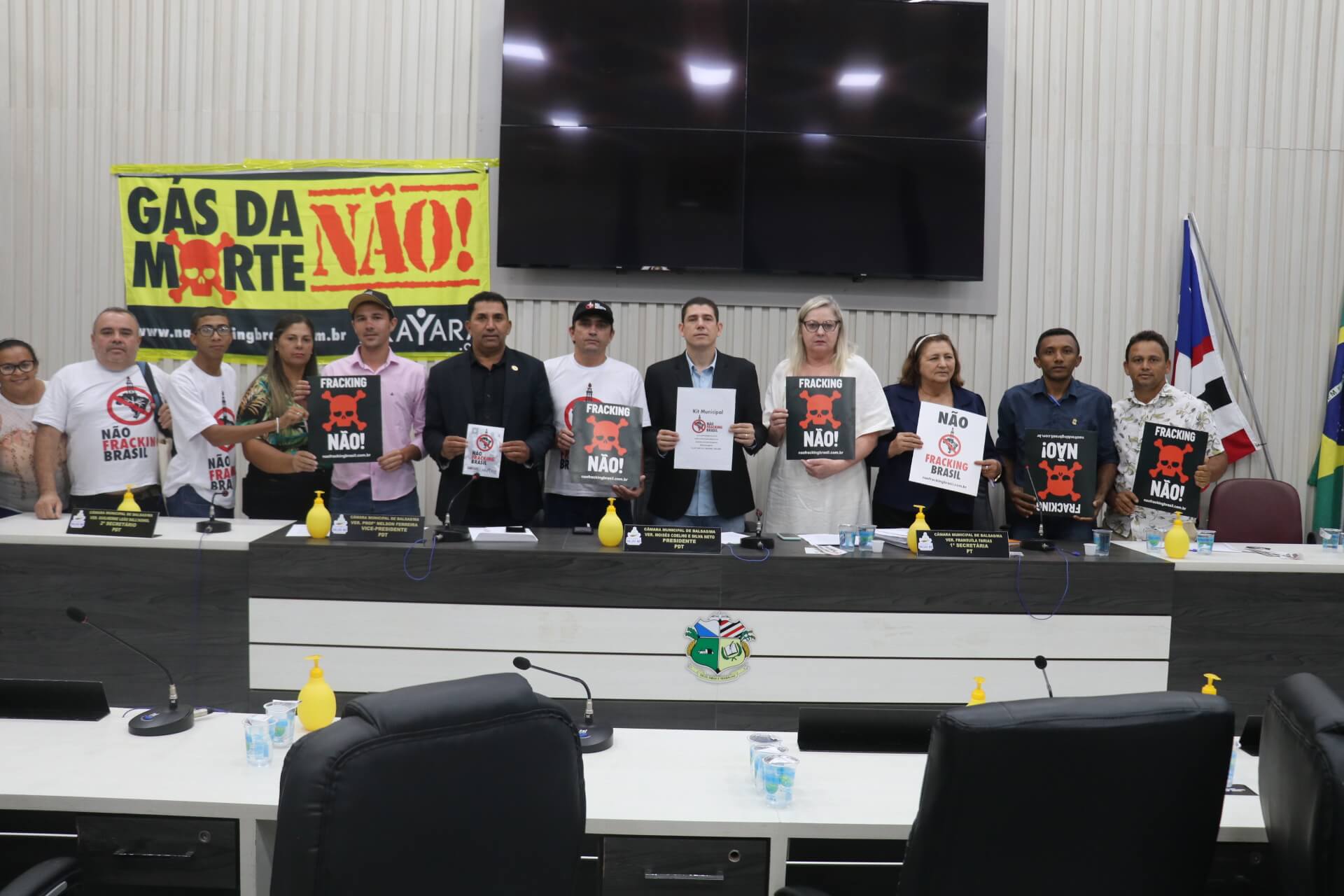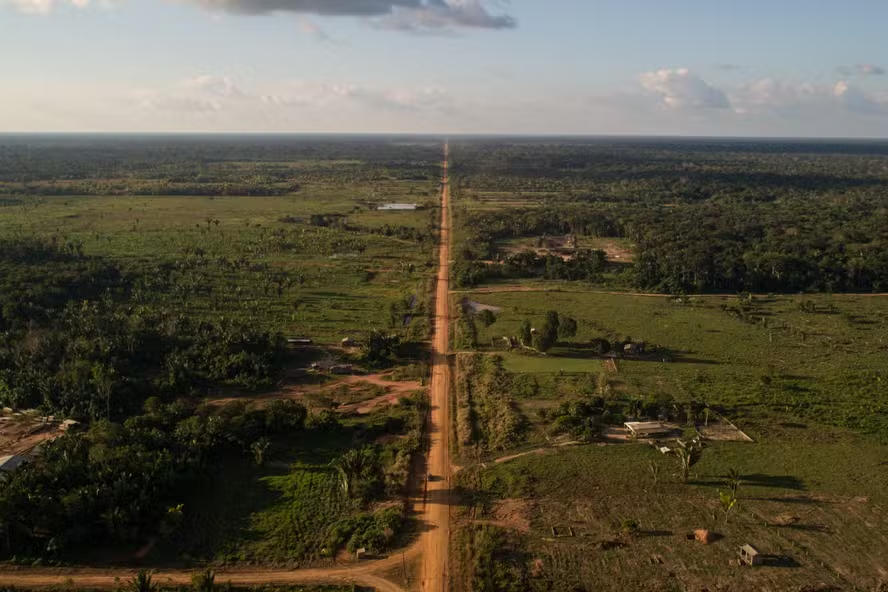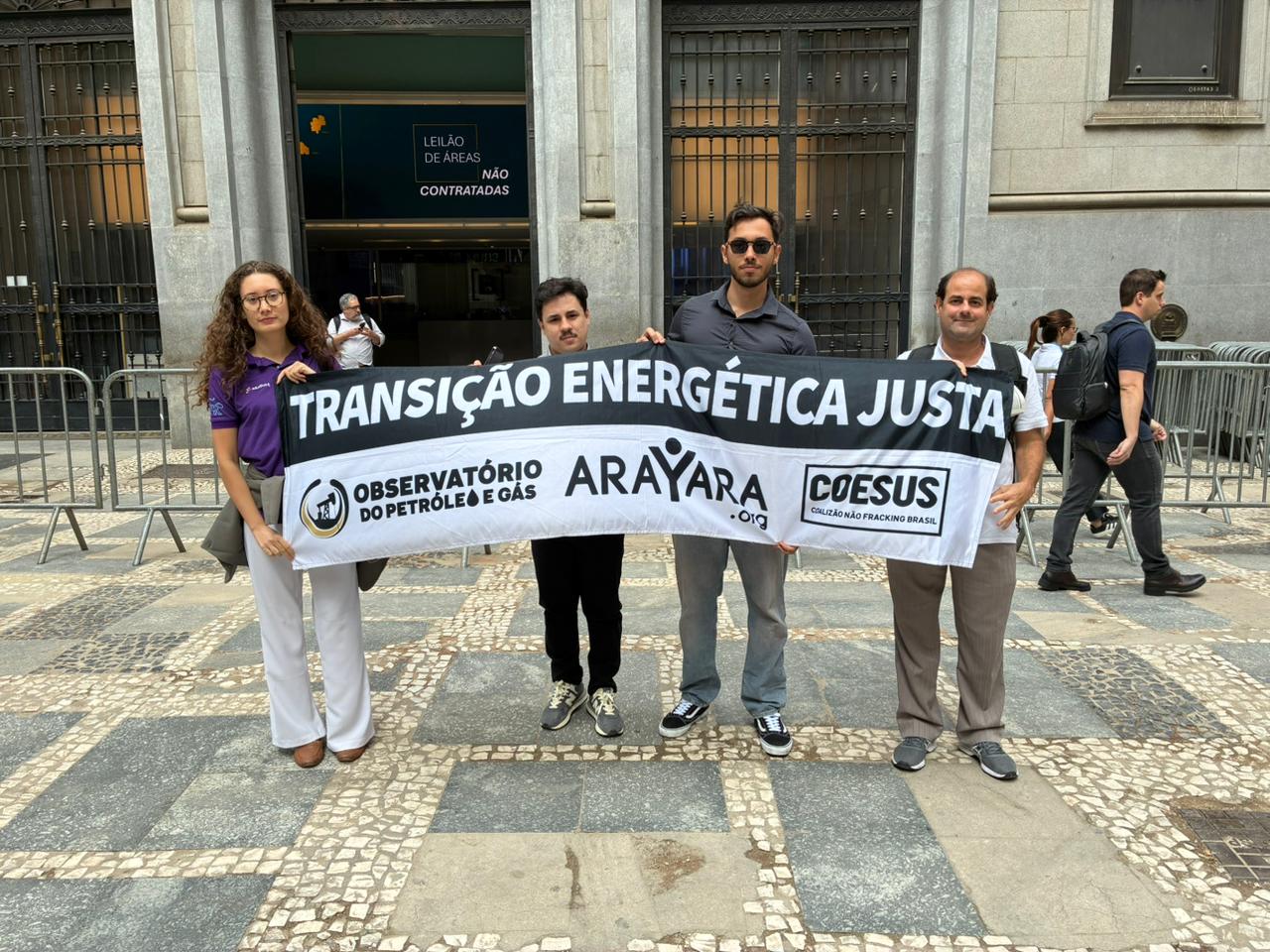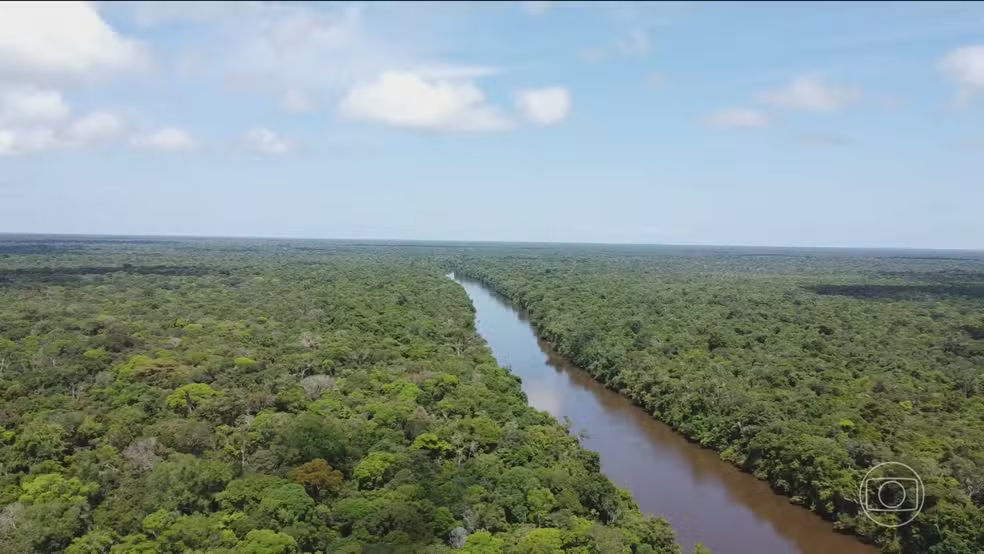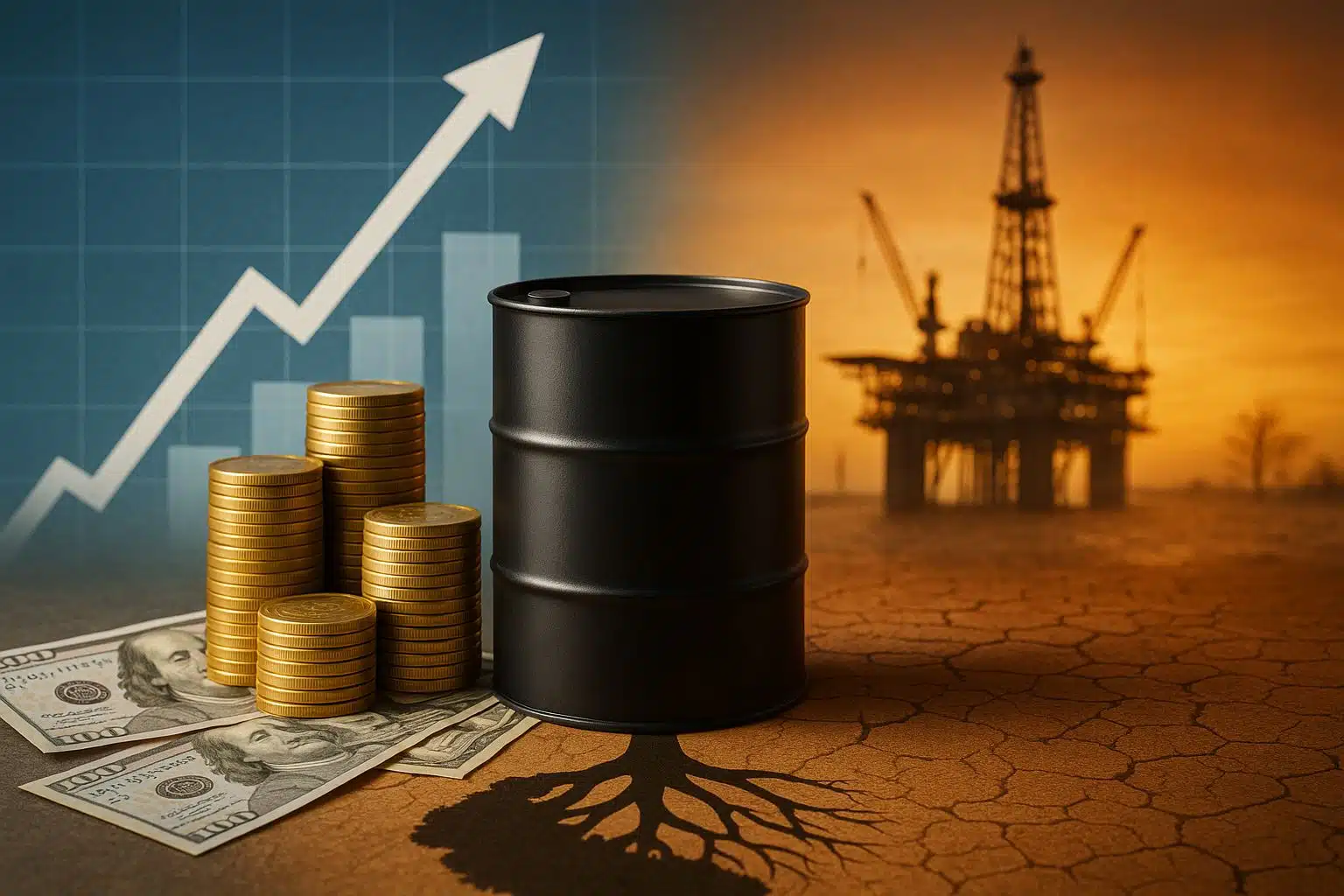The city was the stage for a public hearing that brought together representatives from several cities in the region
What is fracking?
Fracking – also called hydraulic fracturing – is a process that involves injecting large volumes of water, chemicals and sand at high pressure into underground rock layers to release trapped natural gas. Despite being a technique already used in several countries, it is controversial because it causes environmental and ecological damage, including contamination of groundwater, release of greenhouse gases, induced earthquakes, etc.
On September 21, 2022, COESUS – Coalition No Fracking Brazil for Water and Life, a campaign by the Arayara International Institute, in partnership with the Union of Councilors and Municipal Chambers of Maranhão (UVCM), held a public hearing at the city hall of councilors from Balsas. The central theme of the event was “The risks of shale exploration using the fracking method in the municipalities of Maranhão”.
The audience brought together representatives of the municipalities of Balsas, São João dos Patos, São Pedro dos Crentes, São Raimundo da Mangabeira and Loreto. Several authorities were invited to compose the table of honor, among them the technician from COESUS, Suelita Röcker, the president of UVCM, Asaf Pereira Sobrinho, the mayor of Balsas, Moises Coelho e Silva Neto, the director of UFMA – campus Balsas, Gisélia Brito dos Santos, the representative of SindiBalsas, Daniel Marcos Lech, the manager of AGERP, Manoel Carvalho Martins, a representative of the Secretary of Environment of Balsas, and Father Nadir, representing Bishop Dom Valentim, of the diocese of Balsas .
During the hearing, the main impacts that fracking causes on water, health, agriculture and economy were discussed. Attention was drawn to the municipality of Balsas, whose economy is strongly based on agriculture. Councilor Tio Jardel, from São João dos Patos, a pioneer municipality in the approval of a municipal law that makes it difficult for oil companies to enter fracking, had the opportunity to share his experience when visiting areas in Argentina where fracking is already present.
After the end of the discussions, the population and councilors raised questions that were answered by the COESUS team. The public hearing served as a space to inform the community about the dangers of fracking and to raise awareness of the importance of protecting the environment and preserving public health.

